Script
ABEL COENTRÃO
PEDRO MAGANO
Editing and D.o.P
PEDRO MAGANO
Music
VÍTOR PEIXEIRO
JOÃO LIMA
Color Grading
MANUEL PINTO BARROS
WHAT IS THE VALUE OF PHOTOGRAPHY AND CINEMA FOR THE MEMORY OF ONE PEOPLE?
Nobody knows the exact number of Portuguese fishermen that died in the cod fishing campaigns, during the dictatorship decades of the XXth century. Buried in the sea, or in faraway places, those sailors were left behind and forgotten by the same country that glorified their role in the national efforts to rebuild the image of Portugal as a Country of navigators. But in 1966, a Canadian director shot "The White Ship", a documentary that showed us the funeral of a Portuguese fisherman, victim of a storm, who was buried in St. John’s, in Canada.
We know little about most of these men. But in the cases of Dionisio Esteves, that film have forever fixated the memory of his grave, allowing that now, in 2015, his tomb is turned into a memorial to all the Portuguese who have been buried in St. John’s.
INTENTION NOTES
A part of us is sea. As far as my family is concerned, in Caxinas, that’s all I know. And Pedro Magano may say the same, such is his surname’s connection to seamanship, in the region of Aveiro, where he comes from. Its long distance fishing, cod fishing, what united us before we met, as several of our ancestors – nearly all of them, in my case – sailed the Grand Banks, in Newfoundland. We knew it when one and the other – he with his camera; me with a pencil and paper – invested part of our time, our interest – in the story of Dionisio Esteves, a fisherman from Vila Praia de Ancora, who died in 1966, after an accident aboard the ship Santa Maria Manuela, and who remained, as many, buried in the cemetery of Saint John’s.
Up till recently, the trail of all those graves was lost, or at least one thought so. But a scene of a film from that year ("The White Ship", from the National Film Board of Canada) saved them – even if showing a funeral – and allowed a Canadian memorialist to locate, in 2013, the last address of that man. We were now three soon-to-be friends, trying to pay tribute, through this story, to the Portuguese who died in cod fishing: Jean-Pierre Andrieux, with the memorial that will be placed on that grave; Pedro Magano, seeking a story for a very personal film; and myself, Abel Coentrão, who wrote the piece “The forgotten graves” for the newspaper Publico, in 2014, and founded, in Caxinas, one of the biggest communities of cod fishermen, a cultural association called “Bind’ó Peixe” to stand for the patrimony.
Dionisio Esteves' story united us in this project. And through him, Pedro follows my research, which touches other names that have been lost out there.
These old images that we are using, have produced a translation movement, in space, in time, of these men’s memory. They save them from oblivion favored by distance. And this is the same gesture that we want to reach, looking for the places where they remained, an ocean away from home.
Abel Coentrão
If Dionísio Esteves was rescued from oblivion by a scene from a film, others, like José Francisco Marques, was kept "alive" by a picture taken at the request of his own son,
who visited his grave in Sisimut - then called Holsteinborg - in 1966.
These images have saved these men from oblivion and operate, within their families, a sort of translation movement:
not of bodies, but of memories.
EXHIBITIONS
| November 16th, 2016 | 21h30 | Teatro Municipal de Vila do Conde Vila do Conde |
||
| November 20th, 2016 | 15h00 | Teatro Académico Gil Vicente Coimbra |
||
| November 21th, 2016 | 18h00 | Cinemas NOS Alma Shopping, Coimbra |
||
| January 14th, 2017 | 21h00 | Cine Teatro Caminha |
||
| January 14th, 2017 | 16h00 | Nazaré |
|
November, 4th, 2016 |
22h00 |
Museu Marítimo de Ílhavo, Ílhavo |
PEDRO MAGANO (1981, Portugal) is a director and DOP. He studied Audiovisual Communication in Porto, at ESMAE, finishing his degree in 2007, starting his specialization as a DOP some years after and founded Pixbee, his own production company, in 2008, with his partner Pedro Sá.
As as Director of Photography, he participated, among several projects, in the documentary "The Addiction to Freedom" (2011) and in 2012 in the film "Manuel António Pina - A place to lay his head", both produced by Terra Liquida Films. In 2014 he worked as a cinematographer on a film about the centennial of the genocide of Armenia, “ArtMenia”, sponsored by The Gulbenkian Institution, for RTP.
As a director, Pedro started with the short film "Today” (2007), winning the prize for Best Film at Avanca International Film Festival (PT, 2007). Then he released the web-documentary "Once Upon a Time in Iraq", iin 2014, about the attempt in Nasiriya, in 2003, with the collaboration of Alfredo Cunha, one of the most prestigious Portuguese photographers. “Brothers”, his first documentary feature, about the pilgrimages in Sao Miguel island, won the Grand Prix of Caminhos Film Festival in 2015 and the prize for Best Edition. Later, the film also won at FEST - New Directors, New Film Festival (PT, 2016), was selected for Filmes do Homem Film Festival (PT, 2016), Festival International de Cine Documental de la Ciudad de Mexico - DOCS DF (MX, 2016), and others. "Brothers" was also invited by Visions du Réel Film Market and is currently waiting for more international film festival selections.
Now, Pedro has released his last film, “An ocean away from home”, shooted between Portugal and Canada, about the forgotten graves of the Portuguese cod fishermen and he is preparing his next fiction film, "Winter", for 2017.
Script
ABEL COENTRÃO
PEDRO MAGANO
Editing and D.o.P
PEDRO MAGANO
Music
VÍTOR PEIXEIRO
JOÃO LIMA
Color Grading
MANUEL PINTO BARROS
Sound post-production and mixing
PEDRO ADAMASTOR
Gimbal and drone operator
SÍLVIO ROCHA
Stills
HELENA FLORES
Production
LILIANA S. LASPRILLA
Direction
PEDRO MAGANO
DOC | 53 min | 2016 | PT
WITH THE SUPPORT OF
 |
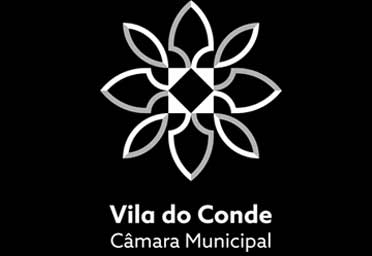 |
|
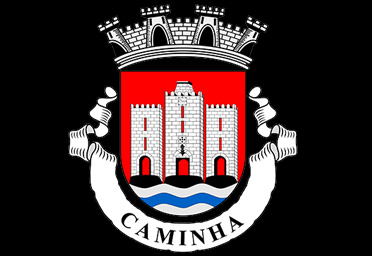 |
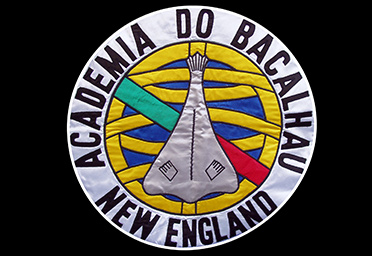 |
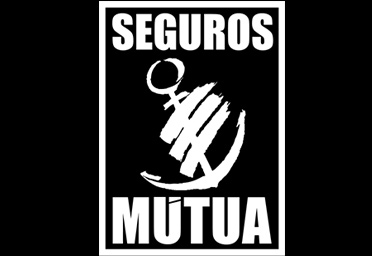 |
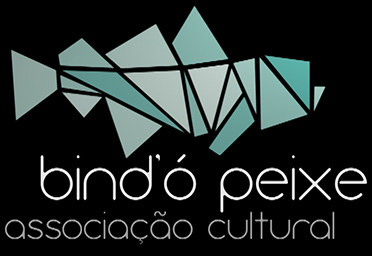 |
 |
PRODUCED BY

